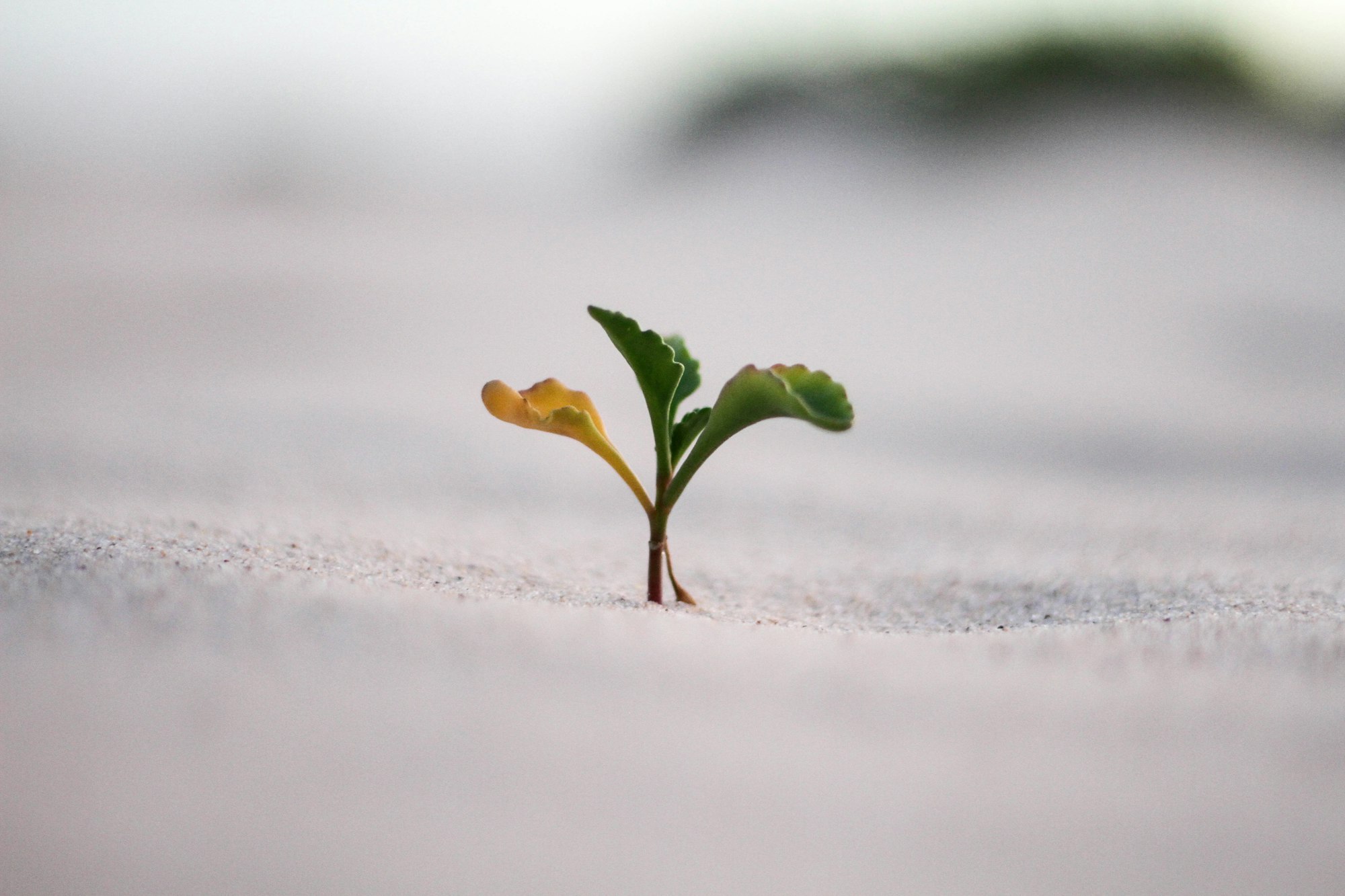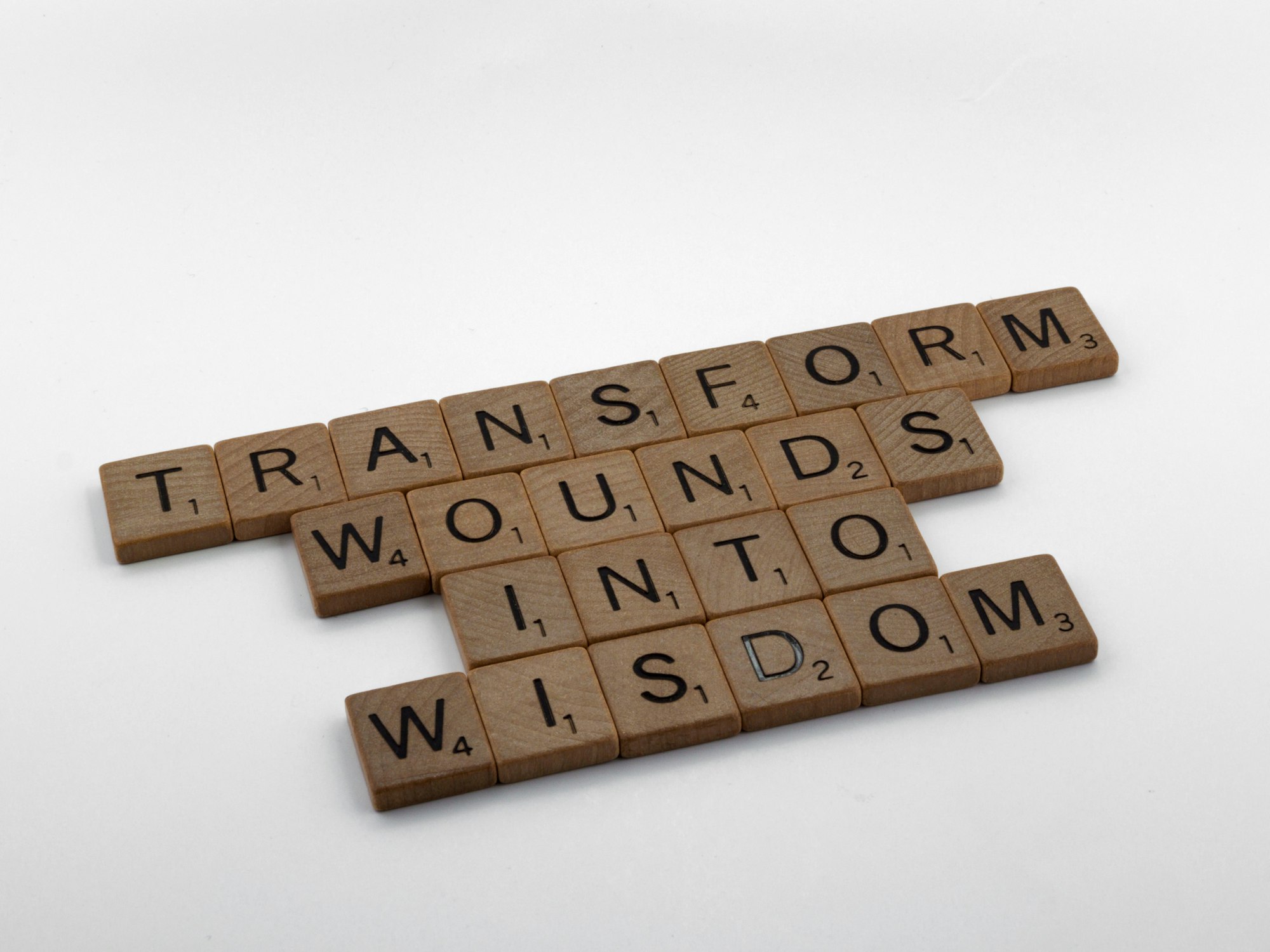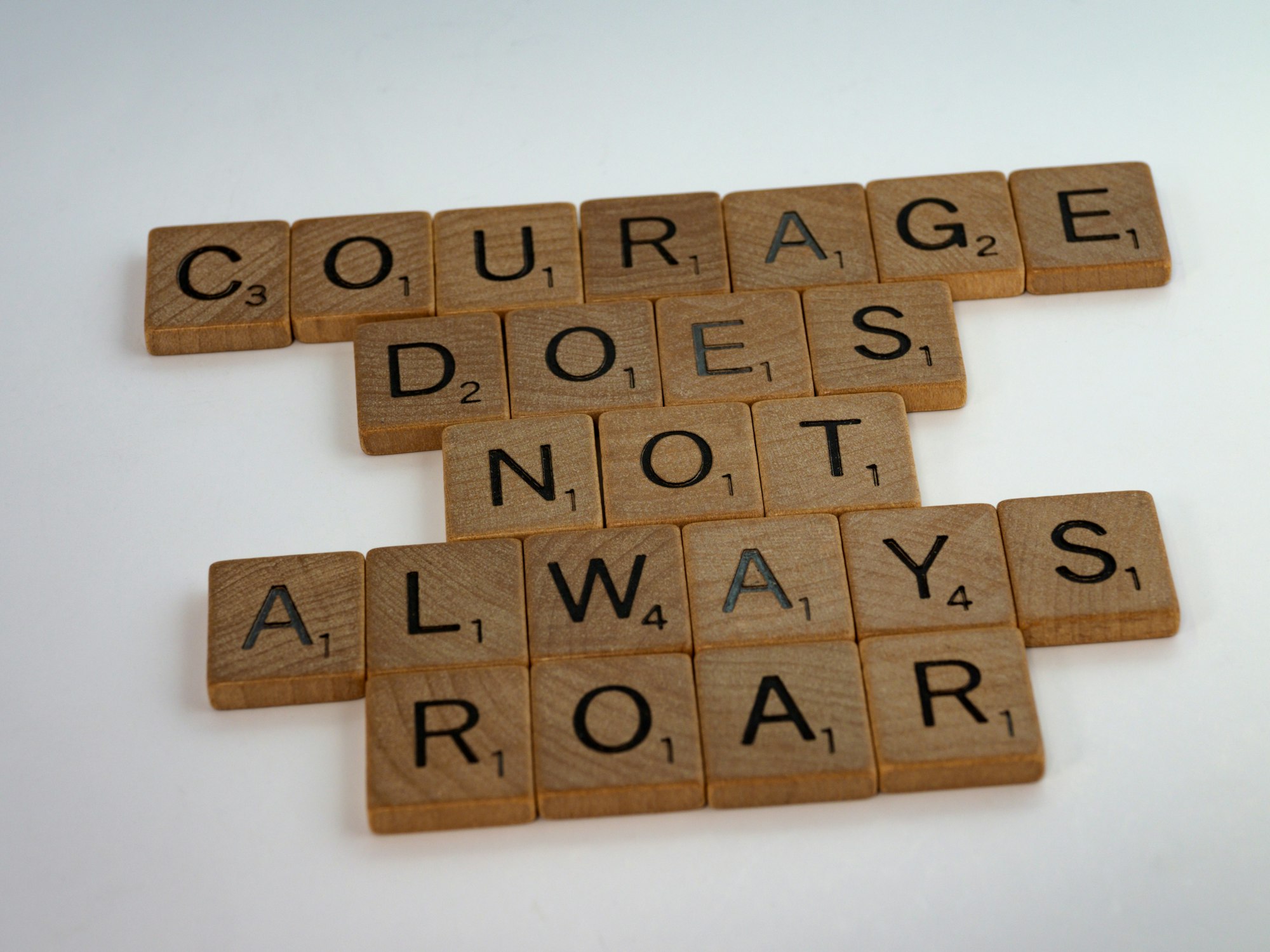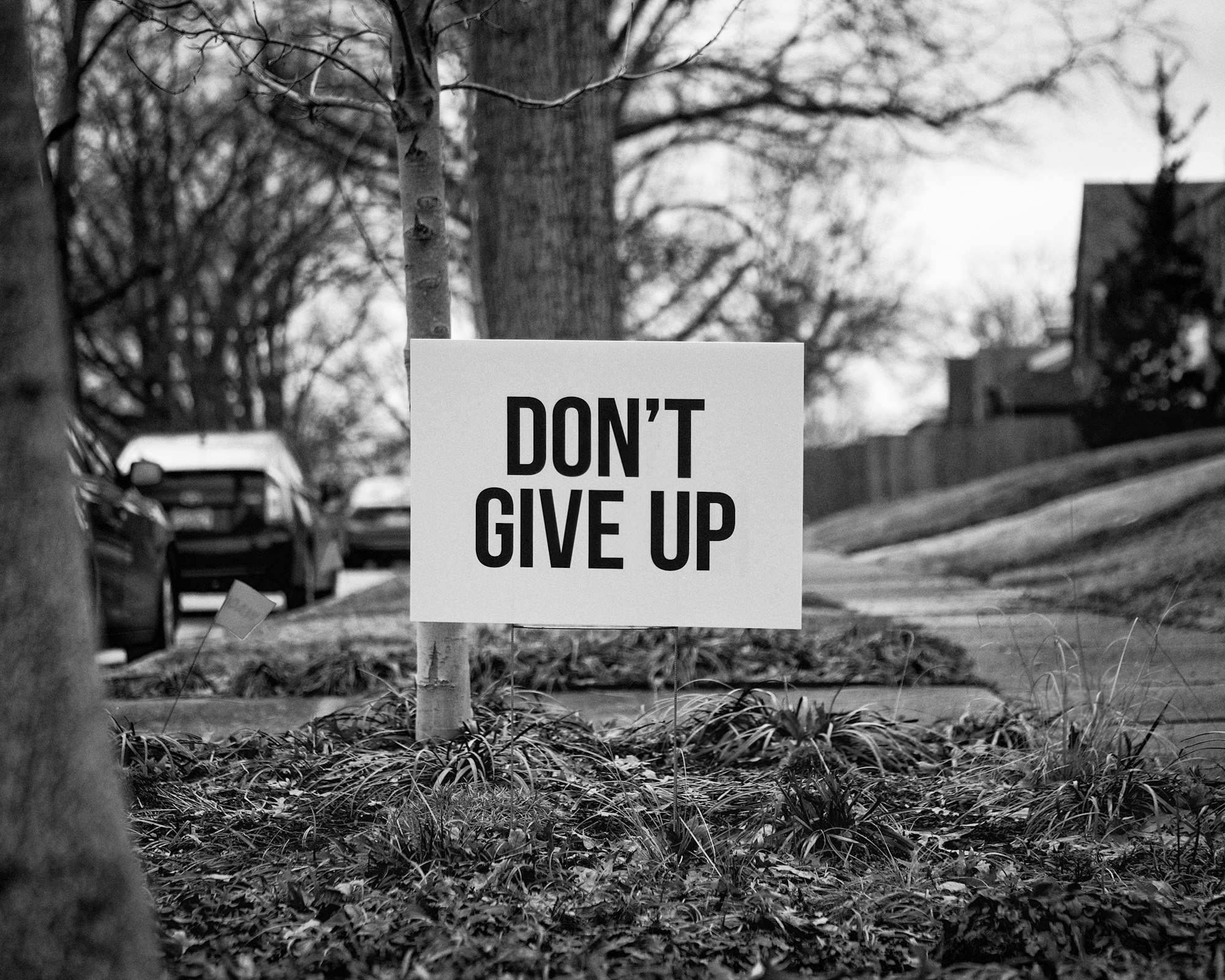Introduction: The Dilemma of Human Desire
Have you ever found yourself yearning for something you don't have, only to realise that you might neglect the treasures surrounding you? The words of Jordan Peterson beautifully capture this problem: "Perhaps you are overvaluing what you don’t have and undervaluing what you do." In this article, we will explore the philosophical implications of this statement, examining its roots in human desire and how we might recalibrate our values to lead more fulfilling lives.
The Grass is Always Greener: The Illusion of Scarcity
We live in a world that seems to run on desire. Advertisements, social media, and even our internal monologues often tell us that we are perpetually lacking, that we need more, and that what we have is never enough. But why are we so prone to overvaluing what we don't possess?
One possible explanation lies in the concept of scarcity. The idea that something is scarce often amplifies our perception of its value. In other words, we want what we can't have. This can lead us down the treacherous path of constantly chasing after the next big thing, only to find that it never truly satisfies us. But what if the solution to this endless cycle of desire lies in re-evaluating our perception of value?
The Art of Gratitude: Embracing What We Have
In contrast to the culture of scarcity, gratitude encourages us to reflect on and appreciate the things we already possess. Acknowledging our blessings can shift our focus away from what we lack and towards the abundance that already exists in our lives. But how can we begin to cultivate this mindset?
One way to build gratitude is through daily practices that remind us of what we already have. You might start the day by listing a few things you’re thankful for, or finish it by reflecting on moments of joy. It also helps to show appreciation to others—for who they are and what they bring to your life. By nurturing a mindset of gratitude, we often discover that the value we’re seeking is closer than we realise.
The Balancing Act: Reevaluating Our Values
While cultivating gratitude is crucial in shifting our values, we must also be willing to question the motivations behind our desires. Are we chasing after something because it will truly enrich our lives, or are we merely seeking validation, approval, or a temporary high? Recognizing the difference between desires stemming from real personal growth and those fueled by external pressures or shallow cravings is essential.
To reassess our values, we can take time for self-reflection and look closely at what drives our desires. This might mean questioning our assumptions, revisiting past experiences, and exploring different perspectives. By gaining a clearer understanding of ourselves and our motivations, we can better identify what we truly value and focus on what really matters.
The Power of Presence: Embracing the Here and Now
Another critical component in breaking free from the cycle of overvaluing what we don't have is learning to embrace the present moment. Our minds often wander towards the future, fixating on what we desire or fear. However, when we become grounded in the present, we can gain a deeper appreciation for the beauty and abundance that exists right now.
One way to cultivate presence is through mindfulness practices, such as meditation or deep breathing exercises. These practices allow us to connect with our bodies and minds, making us more aware of our thoughts, feelings, and sensations. As we develop a greater sense of presence, we can learn to find joy and contentment in life's simple pleasures rather than constantly chasing after elusive desires.
The Ripple Effect: Fostering a Grateful and Contented Community
As we work on shifting our values and embracing abundance, we can inspire those around us to do the same. We can create a ripple effect that fosters a more grateful and contented community by expressing gratitude, showing appreciation, and sharing our journeys.
When we show gratitude and contentment in our own lives, we inspire others to reflect on their own values and desires. This ripple effect can foster a more compassionate, empathetic society—one where people support and uplift each other in the pursuit of a fulfilling life. Change often starts with one person and grows as it spreads to those around them.
Conclusion: The Path to a More Fulfilling Life
Jordan Peterson's statement is a powerful reminder that the key to a more fulfilling life might lie not in the pursuit of what we don't have but in the appreciation of what we already possess. By cultivating gratitude, self-reflection, and reevaluating our values, we can break free from the cycle of desire and move towards a more balanced and contented existence. Ultimately, the treasures we seek might have been within our grasp. So, the next time you find yourself longing for something you don't have, take a moment to pause and consider: Are you overvaluing the unattainable while undervaluing the riches that already surround you?
Article Summary - 9 Key Takeaways
- We begin by unravelling the 'Paradox of Desire,' a widespread psychological phenomenon wherein we tend to overvalue what we lack and undervalue what we possess. This illusion of scarcity amplifies our perception of value, leading us into a constant loop of desire and dissatisfaction.
- The first step towards breaking free from this cycle is recognizing the abundance in our lives. Shifting our focus from what we lack to have already can bring about a profound transformation.
- Here, the power of gratitude comes into play. An attitude of gratitude helps us acknowledge and appreciate what we possess, fostering contentment and satisfaction.
- Making a habit of practising gratitude daily is beneficial. Routine practices like maintaining a gratitude journal can help us nurture this attitude and change our perspective.
- It's time for a reassessment of our values. We must learn to differentiate between desires contributing to our growth and those stemming from societal pressures or superficial cravings.
- Delving into self-reflection enables us to understand the motivations behind our desires. Unravelling the 'why' behind our wants can help us address their root causes, making our choices more authentic and fulfilling.
- The power of the present moment shouldn't be underestimated. Embracing the here and now allows us to appreciate life's simple pleasures, breaking the cycle of incessant wanting.
- Mindfulness practices like meditation can help us cultivate a deeper connection with our bodies and minds. Such a connection increases our awareness and enriches our daily experiences.
- Our transformation can have a ripple effect on our community. By modelling gratitude and contentment, we encourage others to do the same, fostering a more compassionate society.
- Lastly, this journey isn't about reaching a destination but becoming a more fulfilled version of ourselves. It's about acknowledging the abundance surrounding us, leading to a more prosperous, more satisfying life.






















